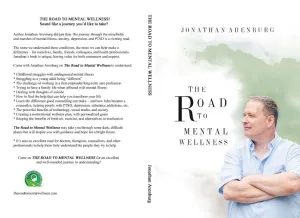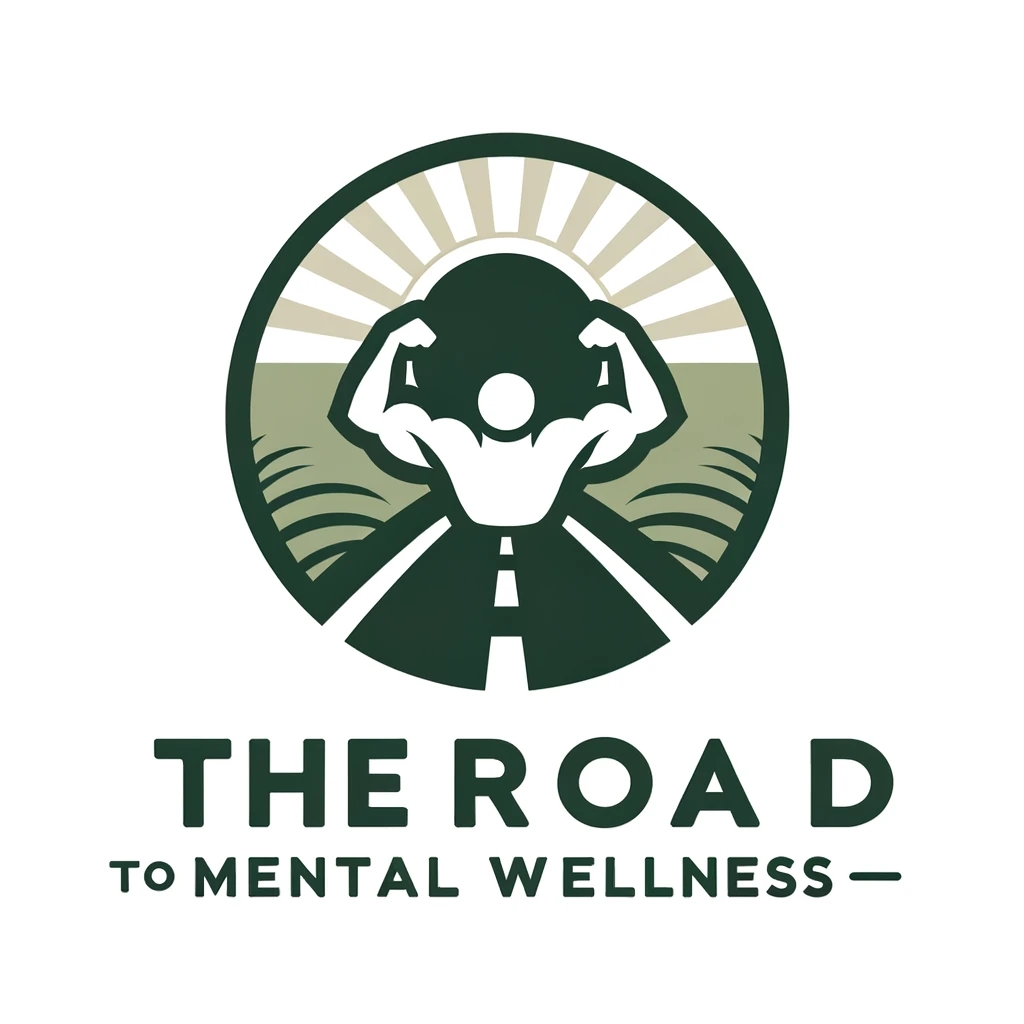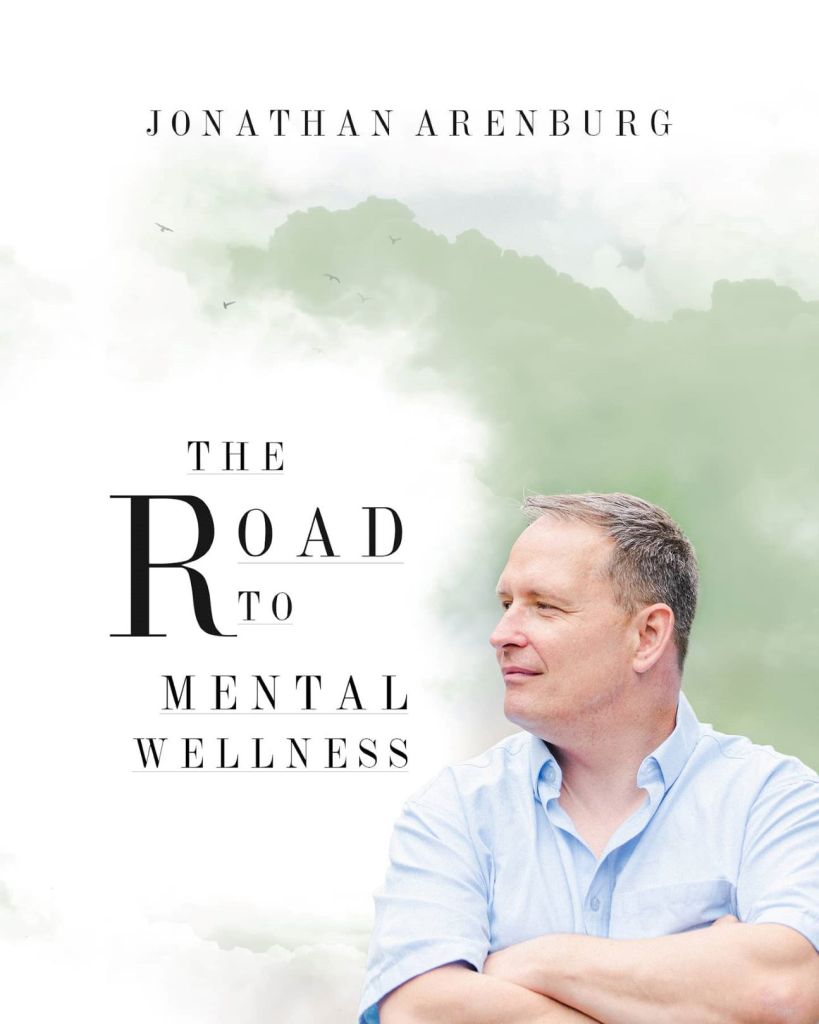Late last year the Canadian government announced that it passed legislation to expand medically assisted death (MAID). And what did it expand in the MAID laws? A person’s right to die if they suffer from mental illness. However, there is a problem and it’s called the great mental illness paradox. What is this paradox and why medically assisted suicide for people with mental illness may be a huge mistake.
Trigger Warning:
The following content includes information and discussion about suicide which may be triggering to some individuals. If you or someone you know is experiencing suicidal thoughts or tendencies, please seek professional help immediately. Call 988 (US) 911 or Talk Suicide Canada.
Follow us
Need help? Go to Our Mental Health Resources Centre
Over the last fifteen years, all I wanted to do was die. Nearly every moment of every day, this ideation would pop into my head like a pop-up form on a website; popping into my brain and telling me “All I want is for the overwhelming mental pain to end.” And if I were honest, even today, it plagues me several times a week.
The mental illness paradox is interesting because it creates a dynamic where you end up fighting with yourself. In other words, depending on the severity of a depressive episode for example, I would see a difference in the internal dialogue. Some of which may sound like “I’m worthless,” “I’m a burden to others,” “I’m always going to be miserable,” and “I’m so tired of feeling this way.” Just to name a few. Whereas when I was well-minded, the script would sound more like., “What a beautiful day.” Or I think I can take on the world, let’s clean this entire place.” Essentially, my dominating thoughts drive my day to day.
Depression’s mindset all but vanished from my head – it was amazing and very, very liberating. In these moments, it’s hard to imagine why I would want to hurt myself, little lone die.
List of the most common things depression says to us
- “I’m worthless”
- “I’m a burden to others”
- “Nothing ever goes right for me”
- “I’m always going to be miserable”
- “I’m so tired of feeling this way”
- “No one understands what I’m going through”
- “I don’t deserve to be happy”
- “Why even bother trying?”
- “I’m a failure”
- “I’ll never be good enough”
- “I hate myself”
- “I don’t see the point in anything”
- “I’m just going to be alone forever”
- “I’m stuck in this darkness and there’s no way out”
- “I’m not strong enough to deal with this”
Depressions speak is born directly out of the constant low energy, excessive guilt, feelings of worthlessness and so on. Having this day in and day out for years, anyone would want that pain to end, I know I did. As the years pass and the treatment options fail, suicide looks more and more like the only solution. Ironically, it’s the corrupted dialogue that you get from the mental illness itself that starts to convince you. Not only is it this distorted view of the self, but it’s also the physical stuff too. The heavy dread, (pit in the stomach,) the pain in the extremities and the constant headaches for example.
Often, I find myself asking, “What’s the difference if I was suffering from years and years of incurable physical pain or mental pain?” Nothing! I often conclude. However, there is one fundamental difference, society sees suicide as more understandable if one is tortured by chronic physical pain.
10 signs you’re a highly sensitive person.
And this dialogue isn’t limited to depression, anxiety, PTSD, and more. All are whipping up their own brand of evil chatter. I liken it to that childhood friend who was a constant bad influence, always coming up with nefarious activities. “Oh, come on you, don’t be such a chicken!”
But here’s the problem with signing assisted suicide into law. The great mental illness paradox accounts for the moments in time when one is mentally well. Whether it be a day, weeks at a time, or months, seeing better days means you’re feeling better moments. And when we are not being oppressed by our mental illness, our internal dialogue shifts.
“Hey, I feel great today, I don’t want to die.” One of my most common ones when I am writing my internal script is: “Man, I’m glad I didn’t take my own life, I wouldn’t be here to enjoy this moment.”
For me, it’s these two different states of consciousness that make me rail against such legislation. Of course, I am in a good place right now, so it’s easy to oppose such a bill. Conversely, when I am in the deepest, most painful places, I support the idea. Like it or not, our fluctuating states need to be considered. With that said, the priority should always be on the side of life.
Why, for example, can we spend an unlimited amount of money on a murder investigation and at the same time not pour the time, money, and resources into the living? While there’s nothing wrong with bringing people to justice, there’s something inherently wrong with giving up on those who are suffering.
Stop by my podcast #thewellnesstalks and give me a follow
I know myself well enough to say that I would vote yes for this legislation a 100% of the time when I am feeling the upper intensity and speak of PTSD. And when I am well, I would 100%vote it down.
So, is it irresponsible to enact assisted suicide for mental illness into law? The answer, at least in my view, should always be unequivocally, yes!
Why? Because when one looks at someone who’s chronically ill and dying, medically assisted death is in the best interest of the patient. Because of the internal dialogue that depression, anxiety, and other mental health disorders produce, the best interest for those with mental illness is providing more mental health resources.
Five ways to maximize your mental health
At present, there is not sufficient help out there for people with mental illness to be able to even think about introducing such legislation, never mind passing it into law.
Only when we have a robust mental health care system, can we consider legislation for those who have treatment resistant mental illness let’s say. Heck, if you’re in crisis and want to die, and you need to be admitted into hospital, it’s not uncommon to be turned away.
In my opinion, much more needs to be done to help people.
At the end of the day, we must fight for ourselves, advocate for others, and demand that governments build a mental health care system that prioritizes mental health emergencies to the same degree as physical ones.
Nova Scotia wants to fix mental health
I leave you with this. Why is someone suffering a heart attack never denied lifesaving medical care and always gets a bed to recover in? Yet, that same person gets turned away from hospital when they say, “I want to kill myself.”
We don’t have need for medially assisted suicide in the country, we have a obligation to take someone’s mental health emergency care seriously. It’s our mindset that needs to shift.
So, what do you think? Follow our Facebook Page and let us know.

Follow us








Please leave a comment and tell us what you liked about what you read.